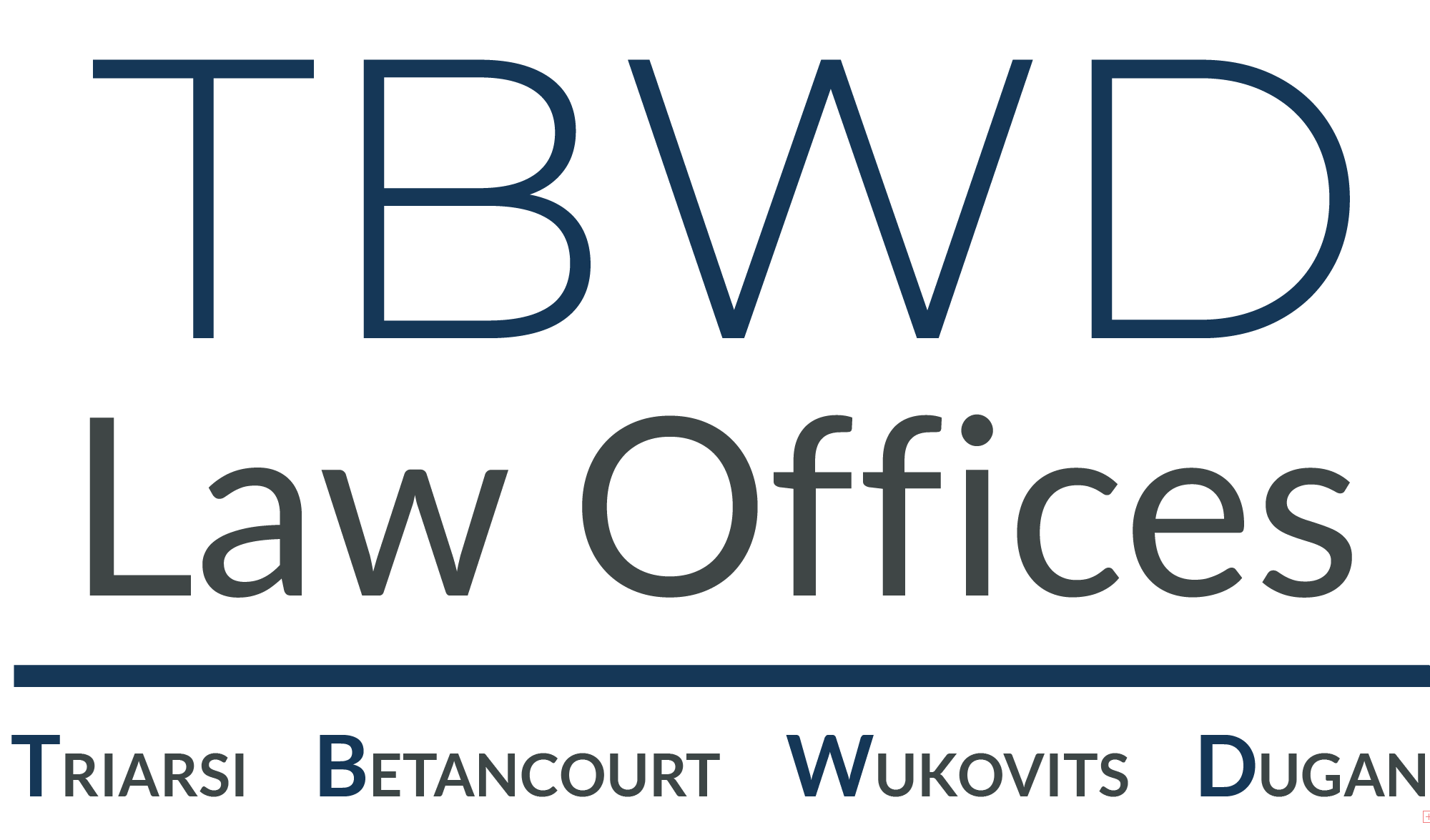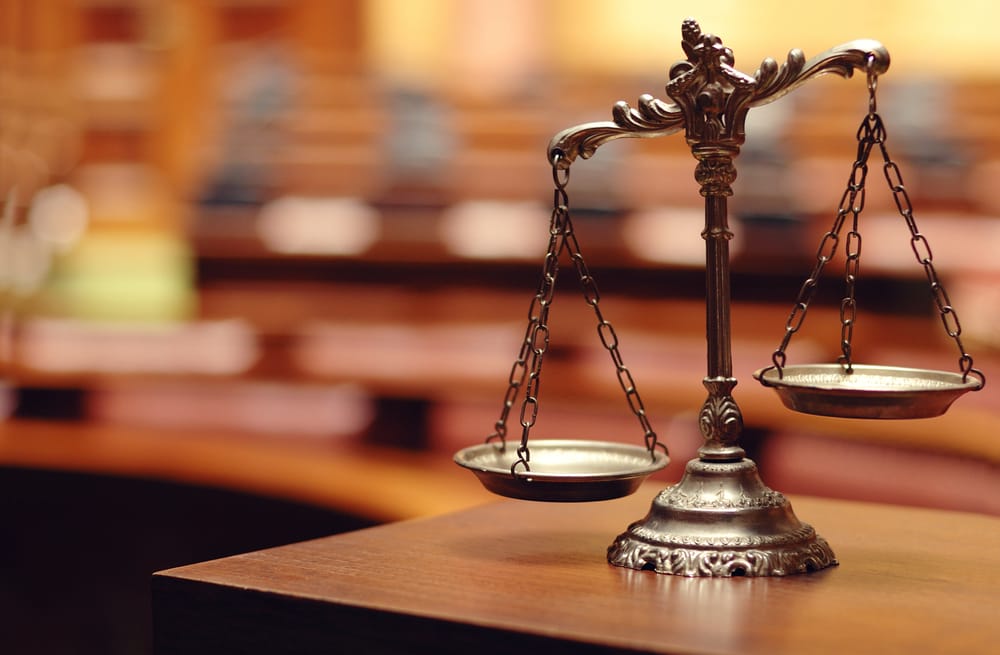It may be possible, in these cases where defendants have exhausted their appeals, for them to file for post-conviction relief (PCR). Pursuant to New Jersey Court Rules, specifically, Rule 3:22 paragraph (a), a defendant and/or his new attorneys may file a claim if criminal representation in the trial court and/or at the appellate level was done poorly and the defendant was denied the effective assistance of counsel constitutionally guaranteed by the U.S. Constitution’s Sixth and Fourteenth Amendments, as well as New Jersey Constitution Article 1, paragraph 10. Sometimes, the defendant, now called a Petitioner, will assert that trial counsel was ineffective in failing to call expert & fact witnesses (including alibi witnesses). Other times, a Petitioner will argue that trial counsel was ineffective by introducing prejudicial evidence, including “other crimes” evidence at trial, even though trial counsel thought it was good strategy at the time. Petitioners will often assert they received ineffective assistance of counsel when his attorney failed to object to the judge’s jury instructions or the prosecutor’s improper comments before the jury during summation. In other instances, the Petitioner may argue that the attorney failed to conduct an adequate investigation and/or convey information to them.
“Post-conviction relief is New Jersey’s analogue to the federal writ of habeas corpus.” State v. Pierre, 223 N.J. 560, 576 (2015) (quoting State v. Preciose, 129 N.J. 451, 459 (1992)). The post-conviction relief procedure “provides a ‘built in safeguard that ensures a defendant is not unjustly convicted.’”. State v. Nash, 212 N.J. 518, 540 (2013) (quoting State v. McQuaid, 147 N.J. 464, 482 (1997)).” A PCR proceeding “is a defendant’s last opportunity to challenge the fairness and reliability of a criminal verdict in our state system.” State v. O’Neil, 219 N.J. 598, 609 (2014) (internal quotations omitted).
While evidentiary hearings are not required in PCR proceedings, Rule 3:22-10 provides courts the discretion to grant an evidentiary hearing and take oral testimony should the Petitioner present a prima facie case in support of the PCR. State v. Jones, 219 N.J. 298, 301 (2014). When determining whether an evidentiary hearing is appropriate, the PCR court should view the facts in the light most favorable to the Petitioner. If, with the facts so viewed, the PCR claim has a reasonable probability of being meritorious, then the Petitioner should ordinarily receive an evidentiary hearing. Id.
To establish an ineffectiveness of counsel (“IAC”) claim, the Petitioner must then satisfy the two-part test set forth in Strickland, which the New Jersey Supreme Court adopted in Fritz. See State v. Pierre-Louis, 216 N.J. 577, 579 (2014). A Petitioner bears the burden of establishing both prongs of an IAC claim by a preponderance of the credible evidence. Preciose, 129 N.J. at 463; State v. Gaitan, 209 N.J. 339, 350 (2012). “Unless a [petitioner] makes both showings, it cannot be said that the conviction . . . resulted from a breakdown in the adversary process that renders the result unreliable.” Fritz, 105 N.J. at 52 (quoting Strickland, 466 U.S. at 687).
First, the Petitioner must show that “counsel’s performance was deficient.” State v. Nash, 212 N.J. 518, 542 (2013) (quoting Strickland, 466 U.S. at 687). This prong requires the Petitioner to show that “counsel made errors so serious that counsel was not functioning as the counsel guaranteed by the Sixth Amendment.” Pierre, 223 N.J. at 578 (quoting Strickland, 466 U.S. at 687). The critical inquiry is “whether counsel’s conduct so undermined the proper functioning of the adversarial process that the trial cannot be relied on as having produced a just result.” State v. Perry, 124 N.J. 128, 147 (1991) (internal quotations and citations omitted).
“An attorney’s representation is deficient when it `[falls] below an objective standard of reasonableness.'” State v. O’Neil, 219 N.J. 598, 611 (2014) (quoting Strickland, 466 U.S. at 688). The focus of the deficiency prong under the Strickland/Fritz standard is “not whether defense counsel could have done better, but whether he [or she] met the constitutional threshold for effectiveness.” Nash, 212 N.J. at 543. As to the first prong, “[j]udicial scrutiny of counsel’s performance must be highly deferential.” Strickland, 466 U.S. at 689. As the Court stated:
A fair assessment of attorney performance requires that every effort be made to eliminate the distorting effects of hindsight, to reconstruct the circumstances of counsel’s challenged conduct, and to evaluate the conduct from counsel’s perspective at the time. Because of the difficulties inherent in making the evaluation, a court must indulge a strong presumption that counsel’s conduct falls within the wide range of reasonable professional assistance[.]
Ibid.
Our courts afford an attorney a “strong presumption that he or she provided reasonably effective assistance of counsel.” Pierre, 223 N.J. at 579 (quoting Strickland, 466 U.S. at 689). A Petitioner has the burden to overcome the presumption that “the attorney’s decisions followed a sound strategic approach to the case.” Ibid. In doing so, a Petitioner must “identify specific acts or omissions [committed by counsel] that are outside the wide range of reasonable professional assistance.” State v. Jack, 144 N.J. 240, 249 (1996) (internal quotations and citations omitted); See State v. Mitchell, 126 N.J. 565, 579 (1992).
A valid conviction will not be overturned merely because a Petitioner is dissatisfied with counsel’s exercise of judgment during the trial. State v. Coruzzi, 189 N.J. Super. 273, 319-320 (App. Div.), certif denied, 94 N.J. 531 (1983). Simple mistakes, bad strategy, or bad tactics “do not amount to ineffective assistance of counsel unless, taken as a whole, the trial was a mockery of justice.” State v. Bonet, 132 N.J. Super. 186, 191 (App. Div. 1975). The fact that a trial strategy fails does not necessarily mean that counsel was ineffective. State v. Bey, 161 N.J. 233, 251 (1999), certif. denied, 530 U.S. 1245 (2000); See also State v. Norman, 151 N.J. 5, 37-38 (1997). As the New Jersey Supreme Court has stated:
The quality of counsel’s performance cannot be fairly assessed by focusing on a handful of issues while ignoring the totality of counsel’s performance in the context of the State’s evidence of defendant’s guilt. As a general rule, strategic miscalculations or trial mistakes are insufficient to warrant a reversal except in those rare instances where they are of such magnitude as to thwart the fundamental guarantee of a fair trial.
State v. Allegro, 193 N.J. 352, 366 (2008) (quoting State v. Castagna, 187 N.J. 293, 314-315 (2006))
Secondly, in order to establish a IAC claim, a Petitioner must demonstrate that “[counsel’s] deficient performance prejudiced the defense.” Nash, 212 N.J. at 542 (quoting Strickland, 466 U.S. at 687). That is, a convicted defendant must demonstrate a reasonable probability that, but for counsel’s deficient performance, “the result of the proceeding would have been different” Pierre, 223 N.J. at 583 (quoting Strickland, 466 U.S. at 694). “A reasonable probability is a probability sufficient to undermine confidence in the outcome.” Ibid. The reasonable probability standard is a standard of proof that is somewhat lower than a preponderance of the evidence. United States v. Orocia, 645 F.3d 630, 644 (3rd Cir. 2011), abrogated on other grounds by Chaidez v. United States, 568 U.S. 342 (2013). A petitioner must establish that his counsel’s errors were “sufficiently serious so as to undermine confidence that defendant’s trial was fair, and that the jury properly convicted him.” Pierre, 223 N.J. at 588; See Castagna, 187 N.J. at 315.
In satisfying the second prong, because prejudice is not presumed, a Petitioner must demonstrate “how specific errors of counsel undermined the reliability of the finding of guilt.” United States v. Cronic, 466 U.S. 648, 659 n.26 (1984) (internal citations omitted). Further, l”[a]n error by counsel, even if professionally unreasonable, does not warrant setting aside the judgment of a criminal proceeding if the error had no effect on the judgment.” Strickland, 466 U.S. at 691. For that reason, “[i]mportant to the prejudice analysis is the strength of the evidence that was before the fact-finder at trial.” Pierre, 223 N.J. at 583.
Finally, here, a PCR petition must be filed within five (5) years of the entry of conviction and PCR grounds can be argued in criminal cases, which were resolved by either a guilty plea or verdict after trial, in addition to appellate counsel’s failure to make proper arguments during the appellate process. Hence, an individual seeking post-conviction relief must retain competent, experienced counsel in this regard. As the denial of a PCR petition, an appeal, is very difficult to win, it is crucial that the right attorney be initially hired for a PCR case. In the event that the Petitioner wins their PCR claim, the conviction is reversed and very often, a resolution can be successfully renegotiated for the original charges.
I cordially invite any and all prospective clients or their loved ones to immediately contact me concerning a PCR petition, which requires a lot of time, energy, and attention because of what is at stake. Steven F. Wukovits is a certified criminal trial attorney and NJ Super Lawyer at Triarsi, Betancourt, Wukovits & Dugan, LLC. If you or a loved one were arrested and/or charged with a crime and have questions regarding your rights, please immediately contact Steven F. Wukovits at (908) 709-1700, on his cellular phone at (973) 722-7348, or by email sfw@tbwdlaw.com.

